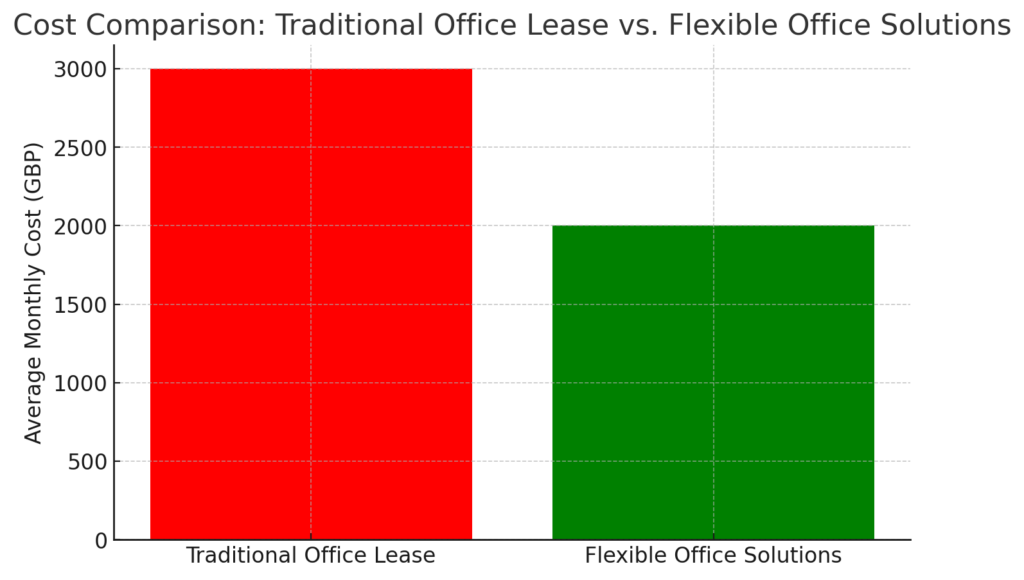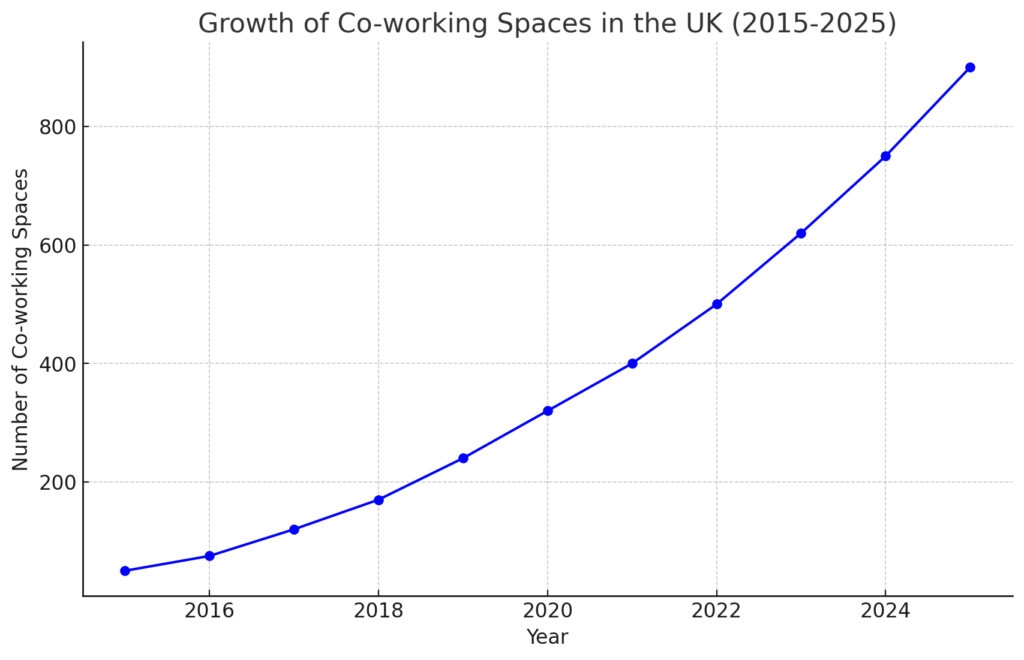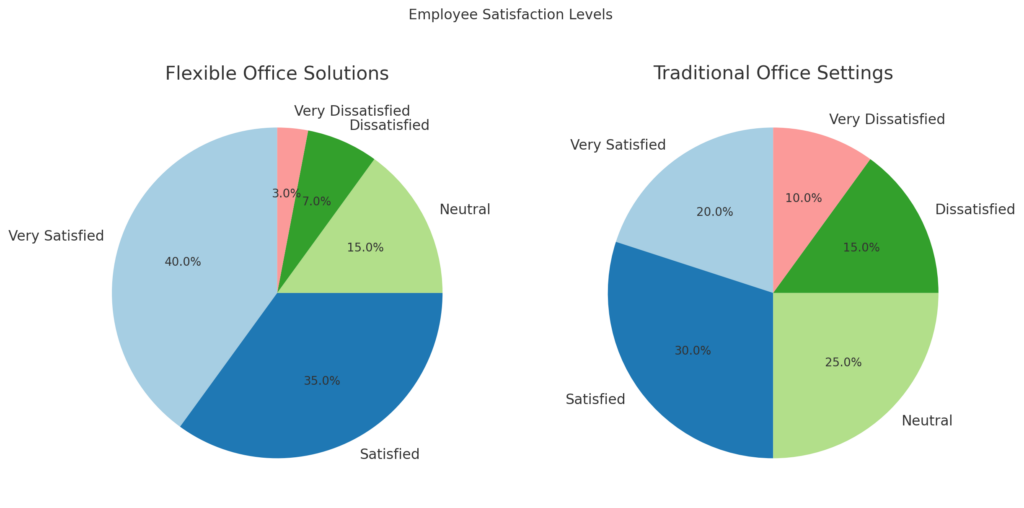In recent years, the landscape of office spaces in the UK has undergone a significant transformation. Traditional office models, characterised by long-term leases and fixed layouts, are giving way to more dynamic, adaptable, and cost-effective alternatives. These flexible office solutions cater to the evolving needs of businesses and their workforce. In this article, we delve into the various types of flexible office solutions available in the UK, examining their benefits and why they are becoming increasingly popular.
Types of Flexible Office Solutions
1. Co-working Spaces Co-working spaces have become a staple for freelancers, startups, and even large corporations seeking a collaborative environment. These spaces offer shared work areas, private offices, and meeting rooms on a membership basis. Companies like WeWork and Regus have established a strong presence across the UK, providing a range of options to suit different business needs.
2. Serviced Offices Serviced offices provide fully furnished and equipped office spaces, complete with utilities and administrative support. These are ideal for businesses looking to avoid the hassle of setting up an office from scratch. Tenants can move in immediately and start working, making it a convenient option for both short-term projects and long-term operations.
3. Virtual Offices A virtual office allows businesses to establish a prestigious address without the need for a physical presence. Services typically include mail handling, call answering, and access to meeting rooms when needed. This solution is perfect for businesses that operate remotely but still want to maintain a professional image.
4. Managed Offices Managed offices offer a middle ground between serviced offices and traditional leases. They provide customisable spaces tailored to a company’s specific requirements, along with the convenience of having the day-to-day management handled by the office provider. This option is ideal for growing businesses that need flexibility in their office setup.
5. Hybrid Workspaces Hybrid workspaces combine elements of traditional offices, co-working spaces, and remote work. These setups allow employees to split their time between working from home and a shared office environment, fostering flexibility and work-life balance. This model has gained traction, particularly in response to the pandemic.


Benefits of Flexible Office Solutions
1. Cost Efficiency Flexible office solutions offer significant cost savings compared to traditional office leases. Businesses can avoid large upfront costs, long-term commitments, and the expenses associated with furnishing and maintaining an office. Pay-as-you-go models and short-term contracts provide financial flexibility.
2. Scalability As businesses grow or downsize, flexible office spaces can easily accommodate changing needs. Companies can scale up by adding more desks or offices or scale down by reducing their space without the penalties often associated with fixed leases.
3. Improved Productivity These office solutions often include amenities that enhance productivity, such as high-speed internet, modern meeting rooms, and communal areas that foster collaboration. The vibrant community in co-working spaces can also lead to networking opportunities and partnerships.
4. Employee Satisfaction Flexible work environments contribute to higher employee satisfaction by offering diverse work settings, reducing commute times, and promoting a better work-life balance. This adaptability helps attract and retain top talent, which is crucial in a competitive job market.
5. Business Continuity and Resilience The COVID-19 pandemic highlighted the importance of business continuity plans. Flexible office solutions enable companies to adapt quickly to changing circumstances, whether it’s a shift to remote work or a need for temporary office space. This agility ensures minimal disruption to operations.

The Future of Flexible Office Solutions
The demand for flexible office solutions is set to continue growing in the UK. With businesses recognising the benefits of adaptability, cost efficiency, and enhanced employee well-being, the traditional office model is likely to evolve further. Future trends may include the integration of advanced technologies, more sustainable office designs, and an increased focus on health and wellness in the workplace.
Flexible office solutions offer a compelling alternative to conventional office spaces. They provide businesses with the agility needed to thrive in an ever-changing economic landscape while fostering a productive and satisfied workforce. As the trend continues to grow, businesses in the UK are well-positioned to reap the benefits of these innovative office models.
